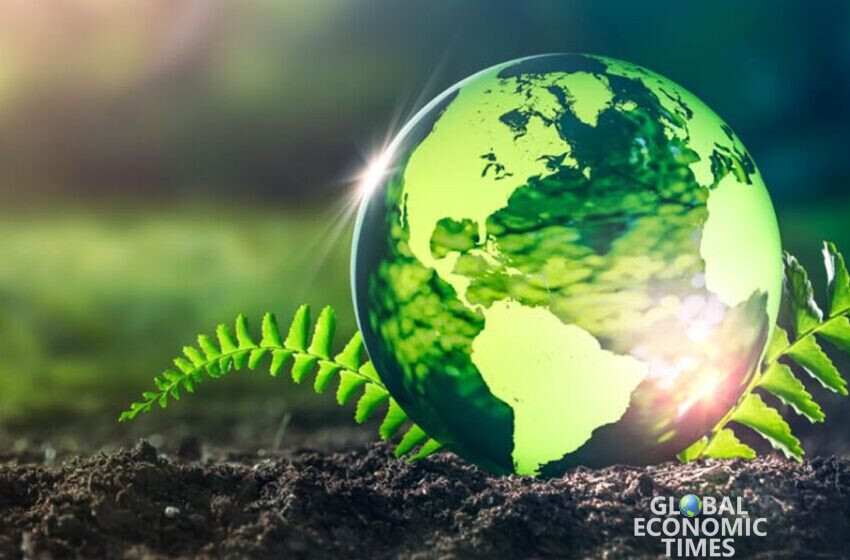
BUENOS AIRES – Every year on October 18th, the world observes World Nature Protection Day (Día Mundial de la Protección de la Naturaleza), a date dedicated to raising awareness about the critical need to preserve our environment and natural resources. This year's commemoration serves as an urgent reminder that human activity continues to accelerate environmental decline, demanding an immediate and collective shift toward genuinely sustainable development.
Historical Foundation and Urgent Relevance
The observance of this day traces its roots back to 1972, when the then-President of Argentina, Juan Domingo Perón, first proposed the date. Perón sent a letter to the Secretary-General of the United Nations, highlighting the profound dangers of environmental deterioration and the pressing need for global, coordinated measures to safeguard Earth's natural resources. His prescient warning set the stage for a day of global reflection, transforming a regional concern into a universal mandate.
Today, that warning is more relevant than ever. The degradation caused by massive deforestation, widespread pollution, species loss, and resource depletion threatens the stability of all ecosystems and the well-being of future generations. These interconnected crises, particularly the escalating climate change driven by excessive greenhouse gas emissions, represent the single greatest challenge of our time.
Nature: The Basis of Life and Economy
Nature is not merely a resource; it is the fundamental basis of all life. Forests, rivers, oceans, mountains, and fertile soils provide us with food, water, and oxygen, while simultaneously regulating the global climate and sustaining the biodiversity that ensures ecological balance.
However, the unprecedented scale of human impact has weakened these life-support systems. Air and water pollution directly contribute to respiratory and gastrointestinal diseases, while the loss of biodiversity compromises the very ecosystems that supply us with food and medicine. The degradation of the natural environment is, therefore, a direct threat to our public health, global economy, and quality of life. The realization must be absolute: the world does not own nature; we belong to it.
A Permanent Call for Individual and Collective Responsibility
World Nature Protection Day is not intended as a purely symbolic observance; it is a permanent call to action.
On the individual level, the transition to sustainable habits is vital. Every person can contribute by reducing plastic consumption, committing to rigorous recycling, conserving water and energy, utilizing public transport or cycling, and demanding responsibility from corporate and agricultural practices.
On the institutional level, governments, businesses, and organizations must accelerate the transition to a green economy. Essential steps include strengthening environmental education, promoting renewable energy initiatives, and ensuring the robust protection of threatened species and natural areas. Combating climate change requires a united front focused on protecting tropical forests, restoring degraded ecosystems, and phasing out the consumption of fossil fuels.
Across the globe, the day is often marked by tangible activities like reforestation campaigns, the cleanup of beaches and rivers, and community education forums. These activities, championed by schools, environmental organizations, and local governments, are crucial for fostering an ecological culture founded on respect for and coexistence with nature.
The anniversary on October 18th serves as a powerful reminder that we still have time to pivot, to act with profound responsibility, and to build a world that is not only greener but fundamentally more harmonious and sustainable for everyone. Protecting the natural world is, in the deepest sense, protecting ourselves and guaranteeing the health and beauty of the planet for the generations to come.
[Copyright (c) Global Economic Times. All Rights Reserved.]




























